Photos by Olivia Nadel
On the first snowy night of November, a large group of seemingly unrelated people gathered in the garden patio of Little Pecks in Troy. What inspired them to spend a chilly Tuesday night together?
Storytelling.
This group of friends and strangers had come together to share and listen to short, five-minute personal stories sharing a common theme in an open mic hosted by the Front Parlor Series, a storytelling collective based out of Troy and Albany. This month’s theme, which had been shared with any interested attendees a few weeks prior, was “New Beginnings.” The stories told ranged from recollections of the fear and anxiety that comes with coming out to a spouse, to the realization that it was time to change a college major to feel a greater sense of belonging somewhere.
The Front Parlor Series, originally called the Front Parlor Trojan Storytelling Series, was founded in 2011 by Abby Lublin, a transplant to Troy from New York City. As a fan of the personal storytelling competition, The Moth, Lublin was interested in creating something similar–but more inclusive–in the Capital Region. Unlike The Moth, which features longer, more polished personal stories both on the stage and on the radio, Lublin wanted Front Parlor to be accessible to everyone, regardless of their skill level or experience.
For Gregor Wynnyczuk, a corporate communications consultant and the emcee of the Albany Front Parlor Series, personal storytelling has become an avenue through which he can express his fundamental love of performance. “For me, it’s a super accessible artform,” he explains. “Because of the way this works, you can do it all wrong and still have something amazing.”
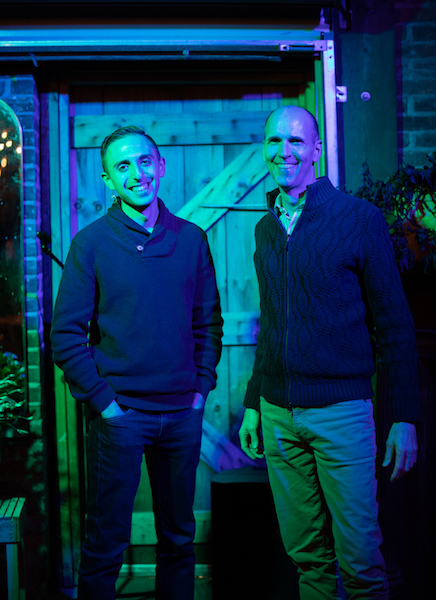
This idea of imperfection is welcomed, and even encouraged, at the open mic nights. “It’s like there’s no artifice,” Wynnyczuk says. “It creates this openness to connection, which is what we really want.”
Mike DeSocio, a local journalist and the emcee of the Troy Front Parlor Series, agrees. “I think it’s really amazing that we get people up here who have every kind of life experience that you can imagine, you know…people who grew up in different countries, people who struggled with really tough things in their childhoods,” he says. “We’re often really moved by that. I just don’t think there’s that openness and that accessibility in any other place. It’s kind of special.”Front Parlor isn’t the only group in the Capital Region’s semi-underground storytelling scene. Founded in 1983, The Story Circle of the Capital District is a group of local, professional storytellers. Unlike Front Parlor, the stories told by Story Circle members aren’t necessarily their own personal stories; rather, many of them, like Kate Dudding, a professional storyteller, tell stories of people from the past. “These people are role models. Their stories give us hope,” Dudding says.
Dudding has been telling stories professionally since the mid-1990s. She remembers falling in love with the art of storytelling when she would bring her son, now in his 30s, to storytelling programs at the New York State Museum when he was young. After a while, she started casually telling stories she had heard at these programs to small groups of children as a way to keep them occupied. At the time, she had been working in the computer field for more than 20 years, having earned a master’s degree in computer science. “Eventually, I realized that if I didn’t pursue storytelling, I would regret it for the rest of my life,” she says.
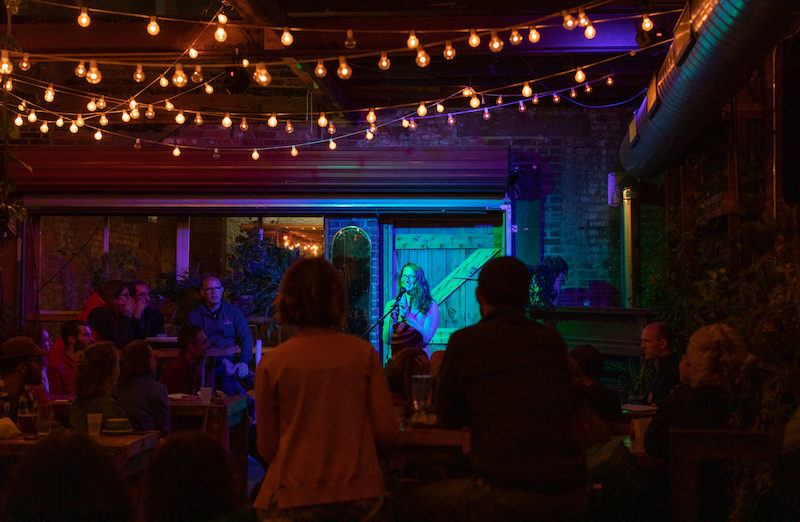
Similarly to DeSocio and Wynnyczuk, Dudding believes that storytelling is an incredibly personal artform, not only for the narrator, but for the audience, too. “The artist, that is, the storyteller, is looking at the audience, making eye contact with the audience,” she illustrates. “As the artist is recreating the story, the audience [becomes] a part of the whole experience. They’re creating the pictures in their minds and their imaginations. The teller gets energy from seeing their reactions to the story as it’s going on.”
While some of her fellow guild members do share their own personal stories at their open mics in Saratoga, or at their
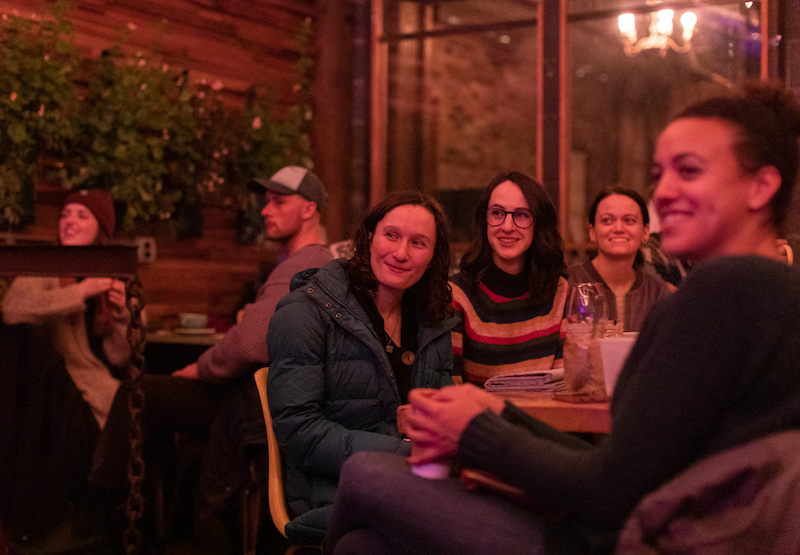
Regardless of whether the stories being recounted are personal to the artist or are a retelling of another person’s experience, this underground scene growing in the Capital Region has created new avenues for everyone–regardless of their backgrounds or interests–to express themselves in new, exciting ways. “This is an artform that is literally accessible to anybody,” Wynnyczuk says. “What we do here is to create the space for people to come and be themselves, reveal something about themselves and learn about themselves and about others.”
Like Wynnyczuk, Dudding feels that she has learned a lot by not only telling stories, but by listening to them. “I truly believe that listening to people’s stories is a way we can change the world,” she says.
At the beginning of the November open mic in Troy, DeSocio ended his introduction to the crowd with a reminder to the audience: “Listening is an act of love.” The audience laughed, gasped, and cheered on that night’s storytellers, encouraging them to keep sharing their experiences. No storyteller left the stage feeling judged, or worse, for having shared their story.
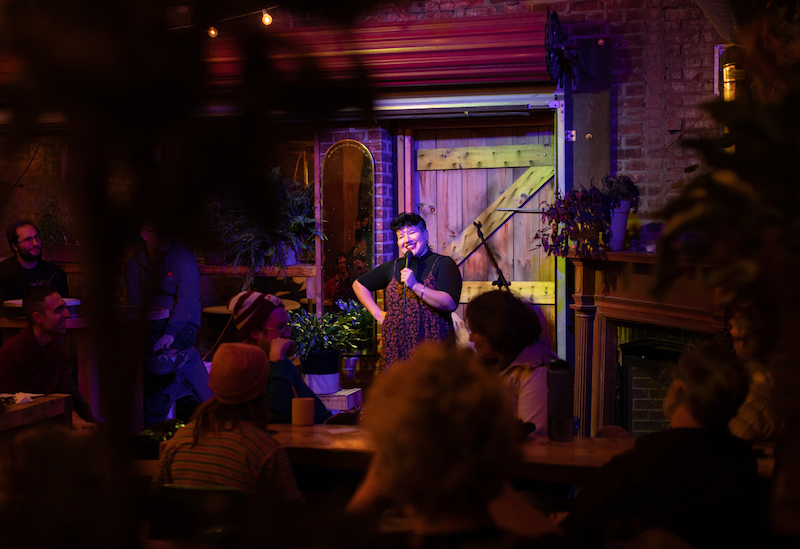

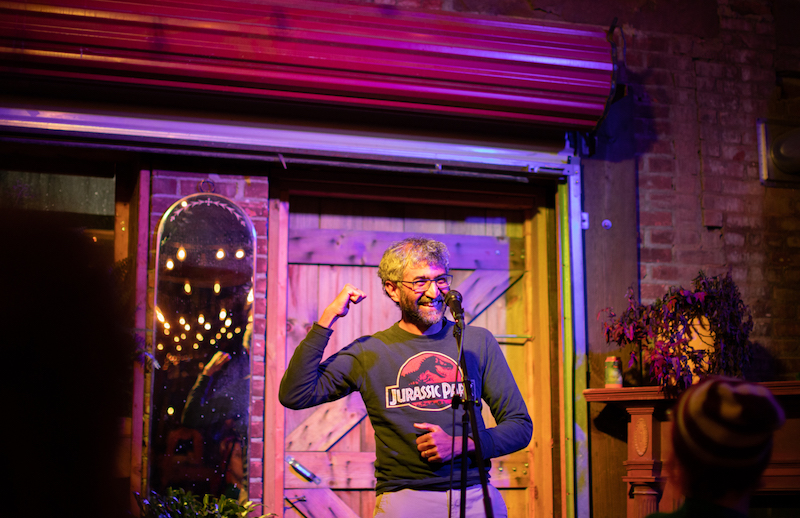
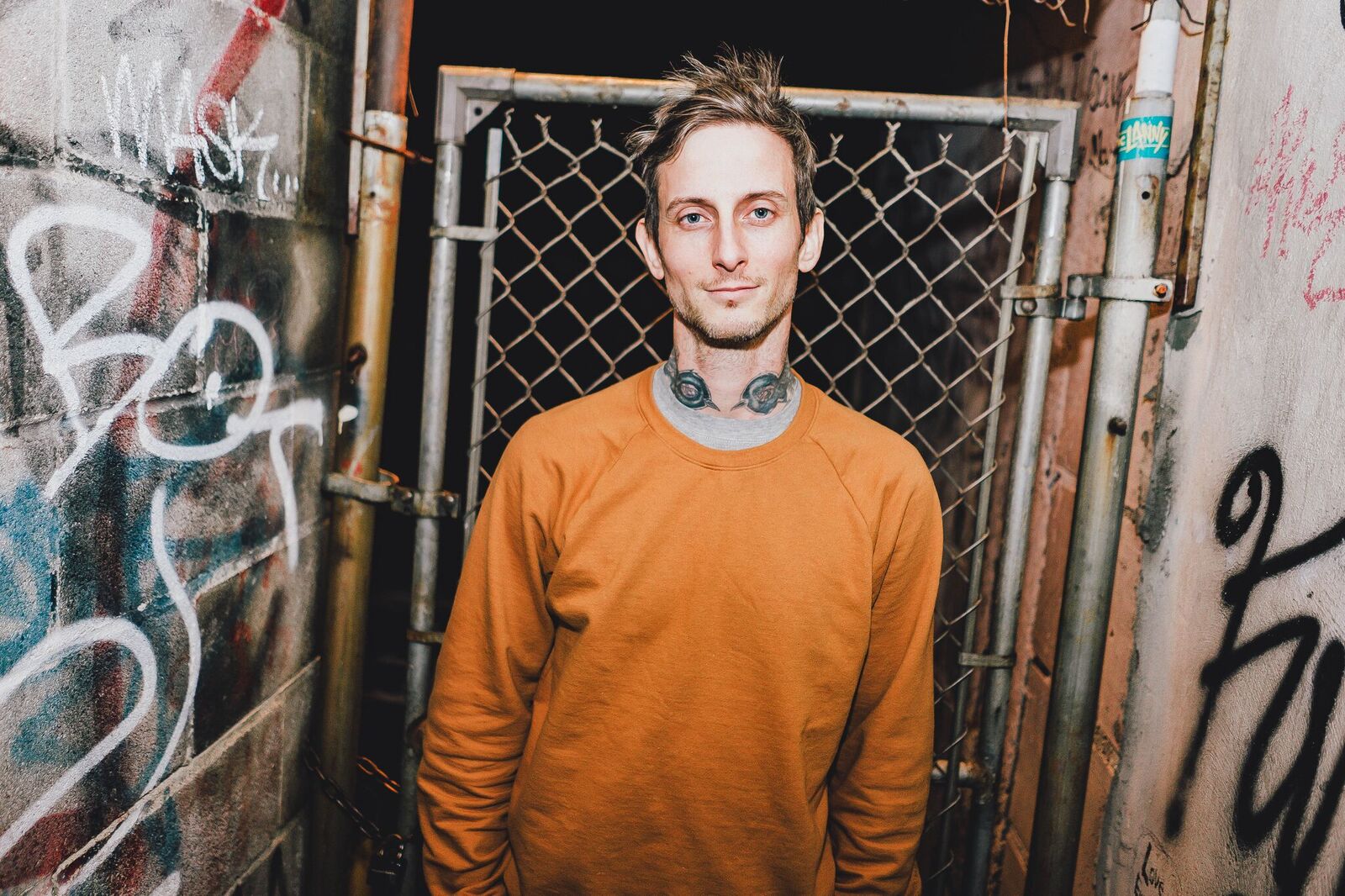
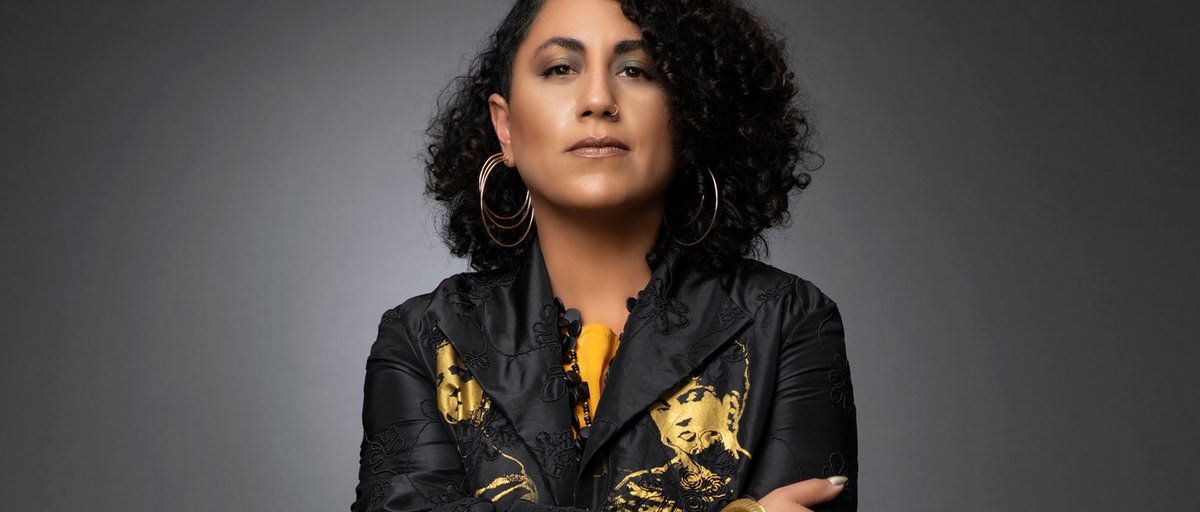

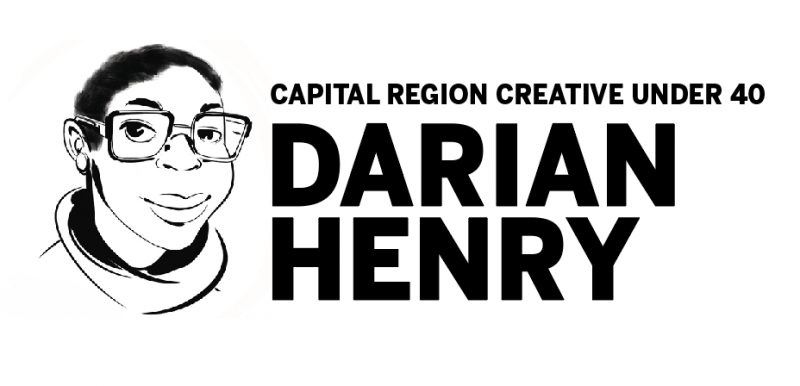
Thanks for this great article – yes story LISTENING matters so much today when we are texting and rushing. I’ve been in the Story Circle of the Capital District since the 80s and love the variety of tale-telling. So appreciate your focus on the value of connecting and feeling appreciated.
I’m thrilled to learn about this new venue, especially since its in my home town of Troy, NY.